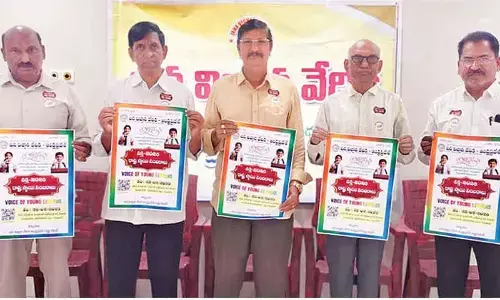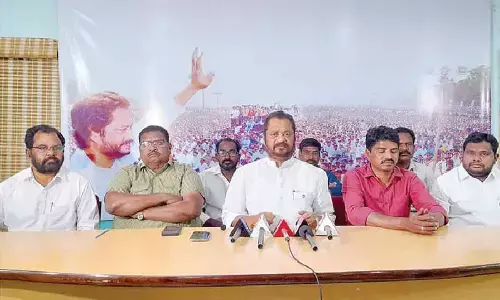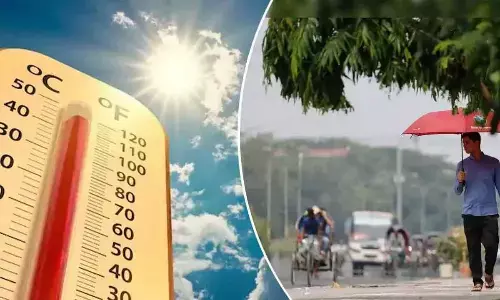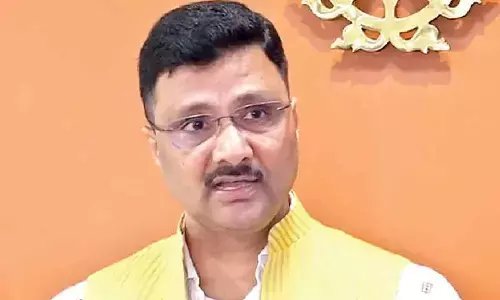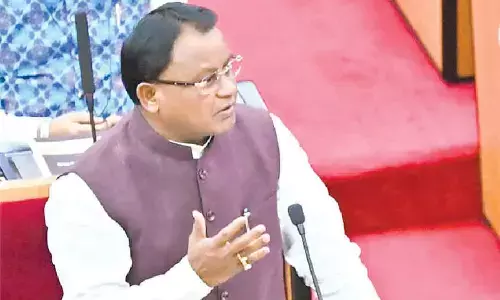Ahmedabad varsity launches The Climate Institute
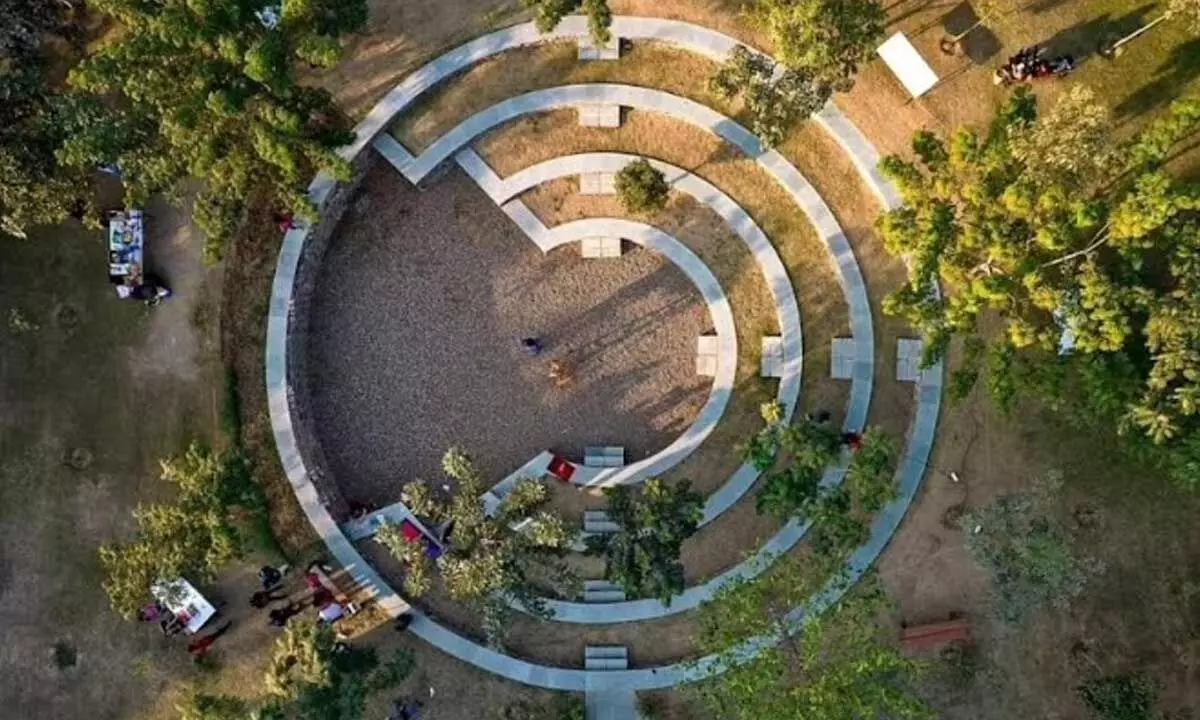
For decades, global growth has been driven by fossil fuels, leading to climate change and environmental degradation.
Ahmedabad: For decades, global growth has been driven by fossil fuels, leading to climate change and environmental degradation. This challenge is particularly significant for the Global South, which must balance climate action with growth aspirations and development goals. High-quality research, innovative policies, cutting-edge technologies, and a well-educated workforce are some of the most important tools to address this challenge.
Ahmedabad University has launched The Climate Institute to address these challenges, focusing on three key aspects of research, education and impact. The Institute is developing India's first comprehensive Climate, Energy, and Environmental education programme, preparing future leaders to tackle global climate issues.
In the realm of research, it is expanding its capacity by recruiting new faculty, graduate student and postdoctoral researchers, encouraging interdisciplinary exploration. The Institute's impact will be amplified by national and international partnerships that translate research into actionable policies while incubating and accelerating innovative approaches to address pressing environmental issues.
The Institute operates across three verticals: Energy and Climate Change, Cities and Settlements, and Air and Water. Building on the expertise of the Global Centre for Environment and Energy (GCEE), the Energy and Climate Change vertical focuses on climate change mitigation, energy transition, and policy innovation. The Cities and Settlements vertical leverages the University's involvement in the Intergovernmental Panel on Climate Change's (IPCC) Sixth Assessment Report (AR6), exploring urbanisation trends and their relationship with climate change, with a focus on the Global South.
The Air and Water vertical extends work from the University's Air and Climate Research Lab. It will focus on integrating ground and space-based measurements to inform policy design in areas such as the impact of Short-Lived Climate Forcers (SLCFs) on air quality, health, and the establishment of a water quality lab for interdisciplinary research in water management.
The Institute will offer educational programmes at the undergraduate, graduate and post-graduate levels, and the curriculum is currently being developed in collaboration with the University's schools and our national and international partners. The Institute will also offer Executive Education, providing programmes for mid-career professionals in government and industry, with Certifications in Sustainability for corporate professionals and specialized programmes in Climate and Energy for government employees.
The Climate Institute will serve as a platform for global research collaboration, hosting partnerships with universities from America, Europe, and Asia. Notable collaborations include the University of Chicago setting up an Energy Policy Institute at the University of Chicago (EPIC) Centre at Ahmedabad University, the International Growth Centre at London School of Economics (LSE) partnering for a Cities Conference in December, and a collaboration with Warwick University focused on energy and environment economics and policy. The Institute also aims to drive impact through fostering climate-tech startups in partnership with Social Alpha. It will also work closely with Central and State governments, while contributing to international reports from the IPCC and United Nations.
The Institute is founded under the leadership of Dr Balaji Srinivasan as Founding Executive Director and Professor Minal Pathak as the Academic Director. The initial key research areas are led by Professor Pathak for the Cities and Settlements vertical, Professor Anant Sudarshan for Energy and Climate Change, and Professor Aditya Vaishya for Air and Water.


